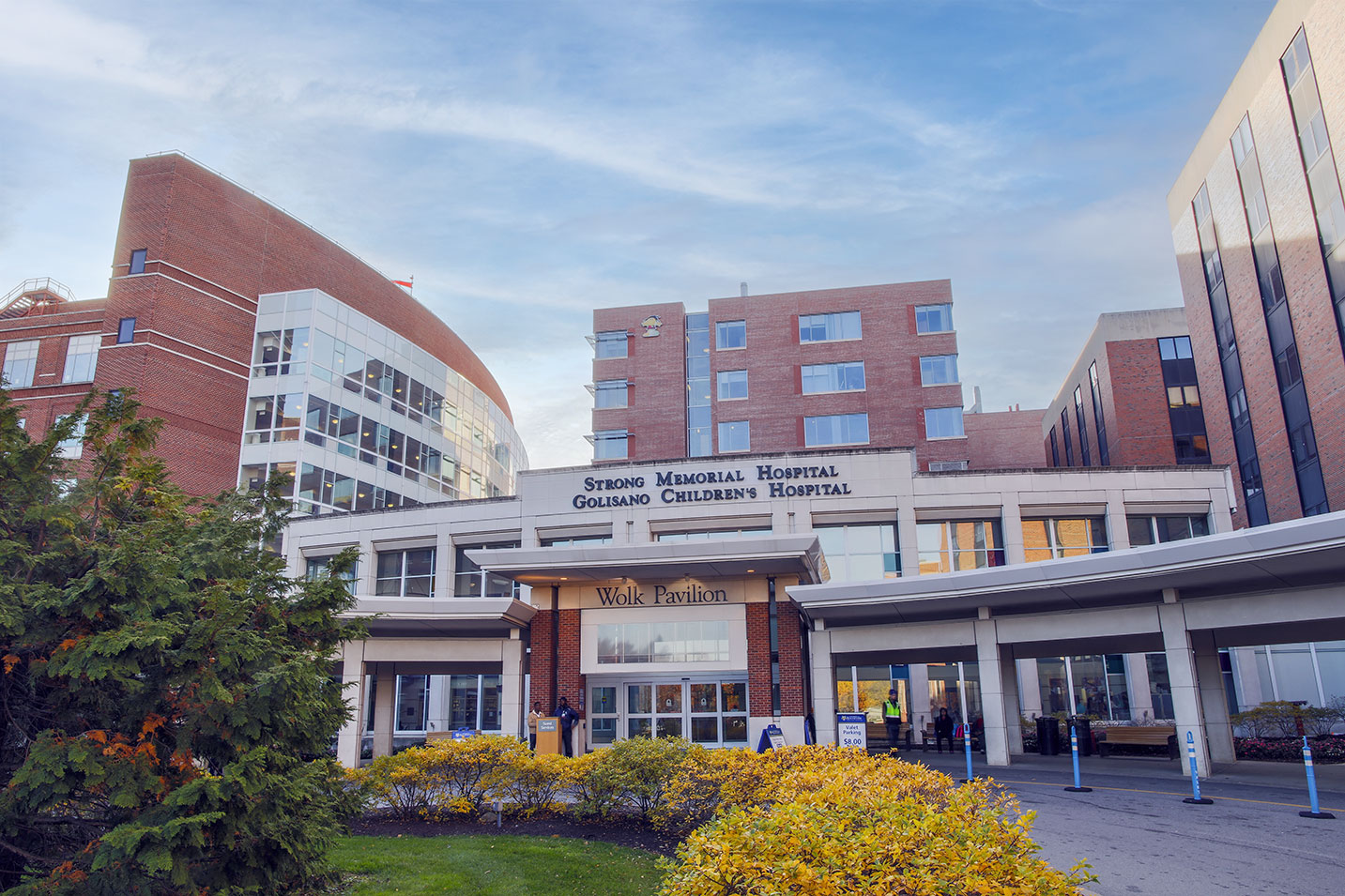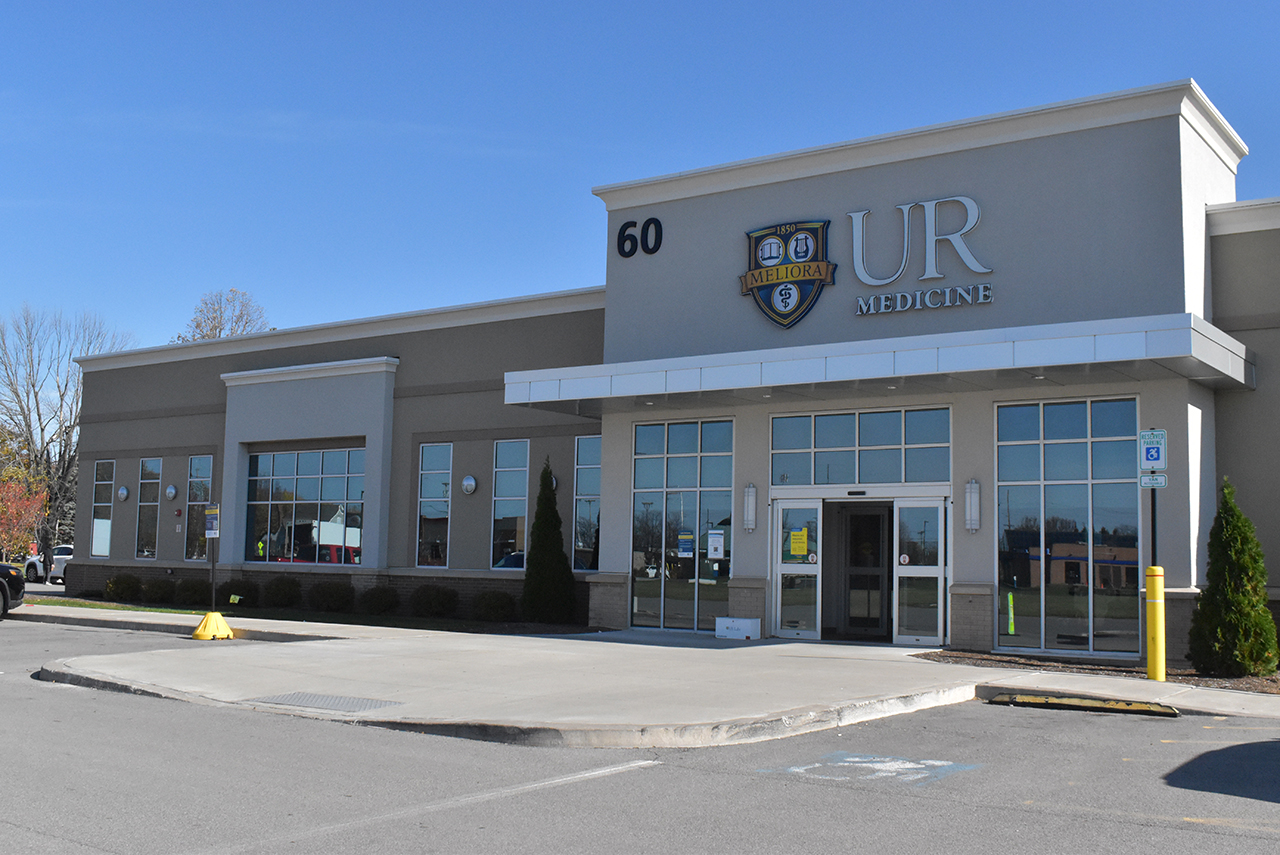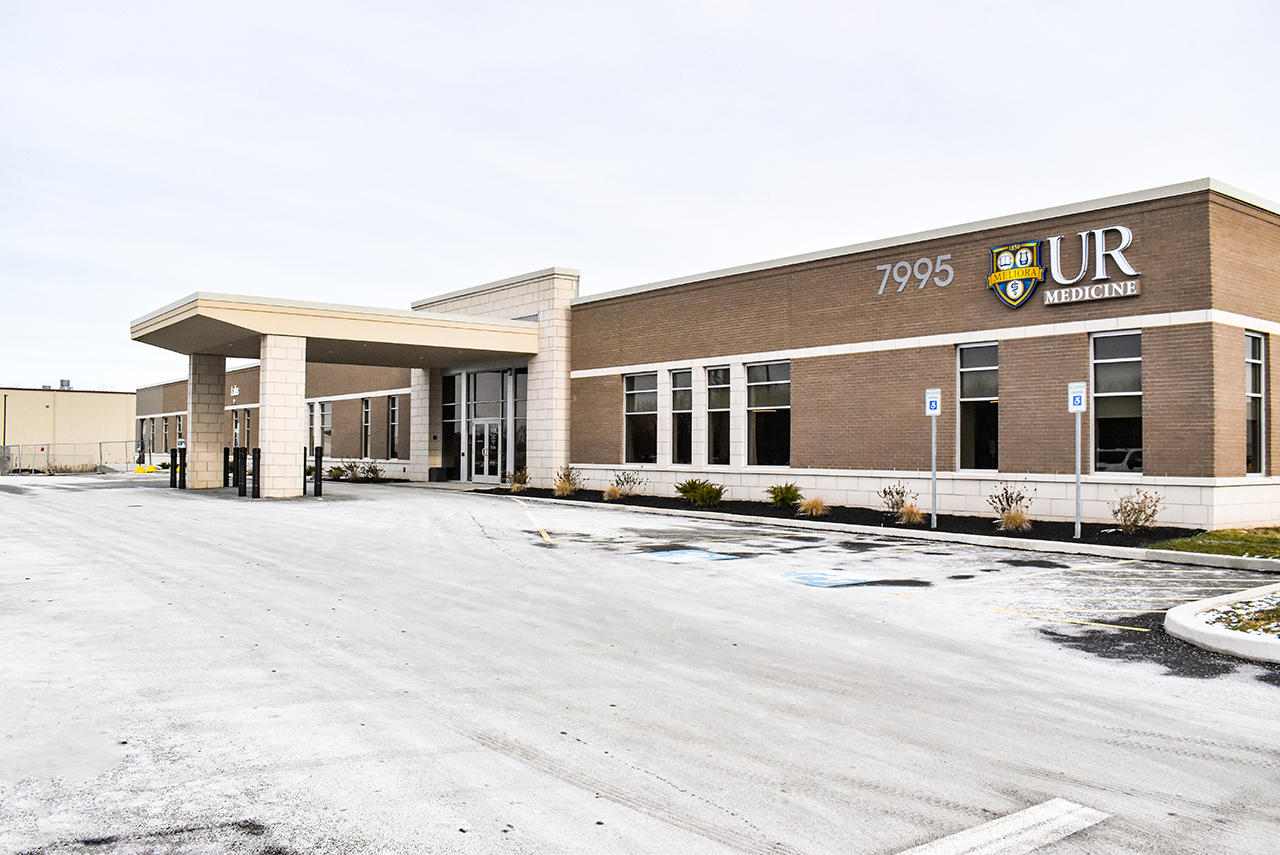Otology
Make Appointments & Get Care
What Is Otology?
UR Medicine's Approach
Treatments
We offer treatments for the following conditions:
- Acoustic neuromas
- Cancers of the temporal bone
- Chronic ear infections
- Cholesteatoma and chronic ear disease
- Congenital Aural Atresia
- Dizziness and balance disorders
- Facial nerve disorders
- Hearing loss
- Pediatric otology and neurotology
- Sudden sensory neural hearing loss
- Vestibular disorders
Procedures
UR Medicine Otologists perform the following procedures:
- Cochlear implants
- Myringotomy and ventilation tubes
- Tympanoplasty (eardrum repair) and mastoidectomy
- Otosclerosis and stapes surgery
- Surgical treatments for tumors of the temporal bone and ear
- Surgical treatments for Meniere’s Disease and Superior Semicircular Canal Dehiscence Syndrome
What Sets Us Apart?
As one of the only centers providing cochlear implants and bone-anchored hearing systems in our region, UR Medicine otolaryngologists partner with UR Medicine Audiology and other audiologists across the Finger Lakes region, Buffalo, and Syracuse, to make care convenient and accessible for patients traveling from near and far.
As part of the University of Rochester Medical Center, our physicians are exposed to more complex conditions and unusual complications than most physicians in the area. Many physicians are also involved in research to find new treatments for ENT-related diseases. Our doctors are board-certified by the American Board of Otolaryngology.
Hearing Systems
We are one of the only centers in the Upstate New York region to offer bone-anchored hearing systems, including:
- Cochlear Osia
- Baha
- Ponto
- Adhear
These systems can be used for conductive hearing loss and single-sided deafness.
Locations
View All LocationsWe serve you in the Rochester metropolitan area and surrounding region.
View All Locations19 locations
7995 Call Parkway, Suite 100
Batavia, NY 14020
64 Elizabeth Blackwell Street, Suite A
Geneva, NY 14456
Highland Professional Office Building
990 South Avenue, Suite 207
Rochester, NY 14620
Ambulatory Care Center at Strong Memorial Hospital
601 Elmwood Avenue, 3rd Floor
Rochester, NY 14642
Lattimore Medical Center
125 Lattimore Road, East Entrance, 2nd Floor
Rochester, NY 14620
60 Greece Center Drive, Suite 2
Rochester, NY 14612
Clinton Woods
2365 South Clinton Avenue, Suite 200
Rochester, NY 14618
60 Greece Center Drive, Suite 3
Rochester, NY 14612
Lattimore Medical Center
125 Lattimore Road, East Entrance, Suite 100
Rochester, NY 14620
Wilmot Cancer Institute
601 Elmwood Avenue, Suite G
Rochester, NY 14642
Clinton Woods
2365 South Clinton Avenue, Suite 200
Rochester, NY 14618
Highland Professional Office Building
990 South Avenue, Suite 207
Rochester, NY 14620
Strong Memorial Hospital
601 Elmwood Avenue
Rochester, NY 14642
Clinton Woods
2365 South Clinton Avenue, Suite 200
Rochester, NY 14618
St. James Medical Office Building
7309 Seneca Road North, Specialty Clinic, Suite 102
Hornell, NY 14843
Clinton Crossings, Building F
2400 South Clinton Avenue
Rochester, NY 14618




